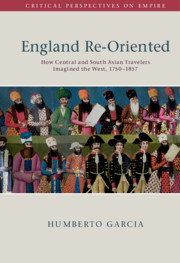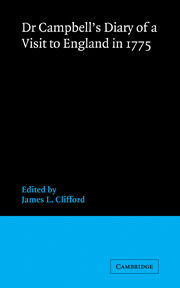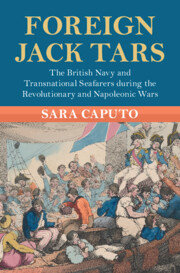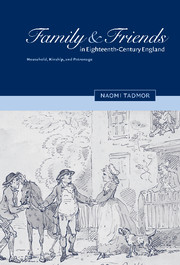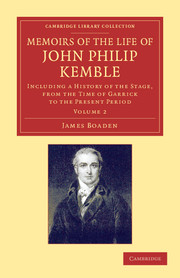England Re-Oriented
What does the love between British imperialists and their Asian male partners reveal about orientalism's social origins? To answer this question, Humberto Garcia focuses on westward-bound Central and South Asian travel writers who have long been forgotten or dismissed by scholars. This bias has obscured how Joseph Emin, Sake Dean Mahomet, Shaykh I'tesamuddin, Abu Talib Khan, Abul Hassan Khan, Yusuf Khan Kambalposh, and Lutfullah Khan found in their conviviality with Englishwomen and men a strategy for inhabiting a critical agency that appropriated various media to make Europe commensurate with Asia. Drama, dance, masquerades, visual art, museum exhibits, music, postal letters, and newsprint inspired these genteel men to recalibrate Persianate ways of behaving and knowing. Their cosmopolitanisms offer a unique window on an enchanted third space between empires in which Europe was peripheral to Islamic Indo-Eurasia. Encrypted in their mediated homosocial intimacies is a queer history of orientalist mimic men under the spell of a powerful Persian manhood.
- Demonstrates how Persian knowledges and behaviours intersected with British culture, art, news media, and literature to give rise to British orientalism.
- Introduces a queer methodology based on examples of British-Asian sociability.
- Proposes alternatives to the West-East binary in Postcolonial theory and criticism.
Reviews & endorsements
'England Re-Oriented breaks new ground on dozens of Persian, South Asian, and near Eastern trans-imperial performances that render the European non-hegemonic. In turning from the givens of orientalism to a history of orienting to the other, Garcia gives us politically urgent and deeply learned game-changer.' Misty G. Anderson, University of Tennessee
'Garcia's richly rewarding book charts a 'new imperial history,' artfully theorizing and meticulously detailing British discovery of foreignness within themselves. Problematizing the relationships between empire and gender, he displays Persianate masculinity transferring from Indo-Persian rulers to Company men. At once deeply scholarly and thoroughly readable, this monograph will encourage vigorous debate and stimulate important research.' Michael J. Franklin, Swansea University
'Tracking the experiences of seven remarkable Islamicate travelers in Georgian and Victorian Britain, Garcia devises new strategies for analyzing intercultural performance, hybrid textuality, colonial masculinity, and imperial display that will set a new bar for archival subtlety and theoretical acumen among scholars of global cultural and social exchange.' Daniel O'Quinn, University of Guelph
Product details
November 2020Hardback
9781108495646
345 pages
155 × 235 × 25 mm
0.67kg
Not yet published - available from June 2025
Table of Contents
- Introduction: Why Re-Orient?
- 1. The British Raj's Mimic Men: Historicizing Genteel Masculinities across Empires 2. A Bluestocking Romance: Contesting British Military Masculinity in Joseph Emin's Letters and Memoir
- 3. The Theater of Imperial Sovereignty: Entertaining Diplomatic Failure in Mirza Sheikh I'tesamuddin's London Travels
- 4. Loving Strangers in Ireland: Indo-Celtic Masculinities in the Travels of Dean Mahomet and Mirza Abu Taleb Khan
- 5. Female Bodies in Motion: Performing Sexual Revolution in Mirza Abu Taleb Khan's Theatrical Metropolis
- 6. Dreaming with Fairyland: Virtual Magic in Yusuf Khan Kambalposh's Travels to Victorian London
- 7. The Making of a Munshi Patriot: Lutfullah Khan, the Indian Mutiny, and Victorian Newsprint
- Epilogue: Mirza Abul Hasan Khan, James Morier, and the Queering of Hajji Baba
- Appendix A: Abu Taleb's “Treatise on Ethics”
- Appendix B: Excerpts from Abu Taleb Khan's Diwān-i-Tālib
- Appendix C: Letter by moonshee Lutfullah

